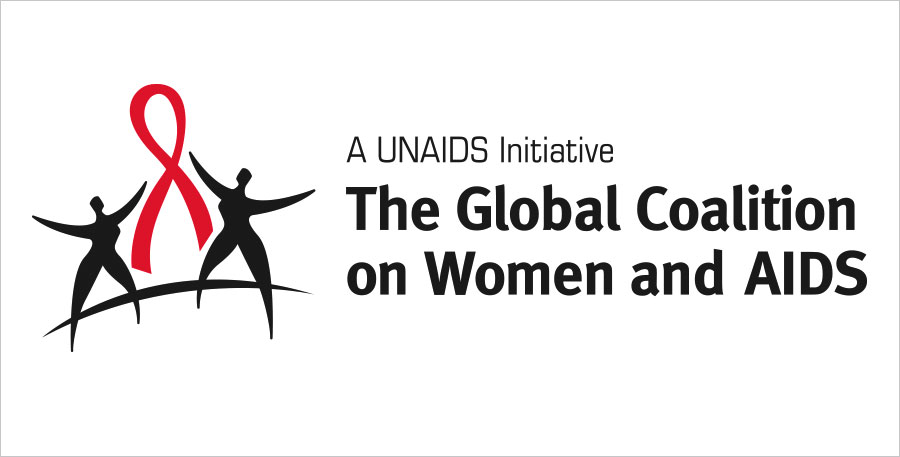
Championing the cause of women living with HIV in Cambodia
Em Ra disappears into the house twice, slipping past the shrine of flowers and incense by the front door. First, she brings out an old HIV magazine. She flips to a page of a small child, sitting on the back seat of a bike, looking straight into the camera. Next, she emerges with two framed photographs from a recent university graduation.

From violence to funding cuts, Asia Pacific women living with HIV face old and new challenges
UNAIDS estimates that under two-thirds (64%) of women living with HIV in Asia Pacific receive treatment to prevent transmission to their babies. This is far lower than the global average of 84%. Ms Dewa reflects that while HIV services for pregnant women are expanding, smaller cities and rural areas benefit more slowly.

UNAIDS calls for rights, equality and empowerment for all women and girls on International Women’s Day
Ahead of International Women’s Day, 8 March, UNAIDS calls for renewed efforts in support of gender equality to facilitate increased and accelerated access to HIV services for women and girls.
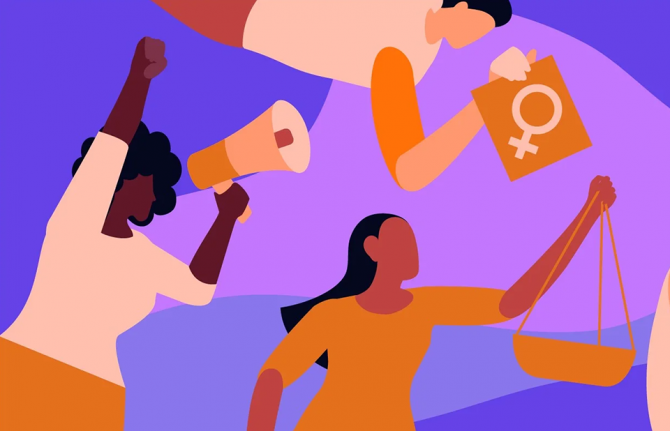
UNAIDS calls for an end to violence against women and girls. No excuses
UNAIDS remains committed to working collaboratively with governments, business, civil society, communities and especially women’s movements and networks to create a world where the rights and dignity of all women and girls are respected and protected, including women and girls living with, at risk of and affected by HIV.
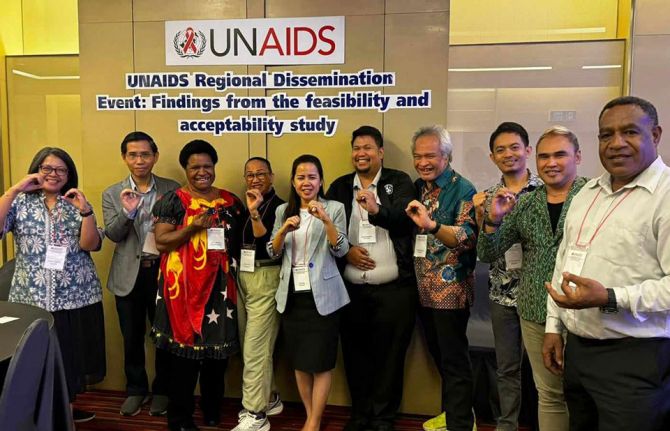
PrEP for her: Cambodia, Indonesia, Papua New Guinea and the Philippines prepare to introduce the Dapivirine ring to help prevent HIV
The Dapivirine Vaginal Ring or DVR was given the green light by the World Health Organization for women at high risk of contracting HIV in 2021. Unlike other types of pre-exposure prophylaxis (PrEP), this one is exclusively for women. It is a silicone vaginal ring that is inserted and worn for 28 days before being replaced. It releases an antiretroviral drug locally, reducing the risk of HIV infection through vaginal sex by half.

New long-acting HIV prevention options for women and girls in an era of choice
New long-acting technologies are changing the HIV prevention landscape. In recent years, innovation in pre-exposure prophylaxis (PrEP) has accelerated. Long acting injectable cabotegravir and the dapivirine vaginal ring as innovative formulations of PrEP have already joined oral PrEP containing tenofovir as WHO-recommended effective and acceptable options for HIV prevention, and there are additional antiretroviral-based options on the immediate horizon. These options complement other effective,…
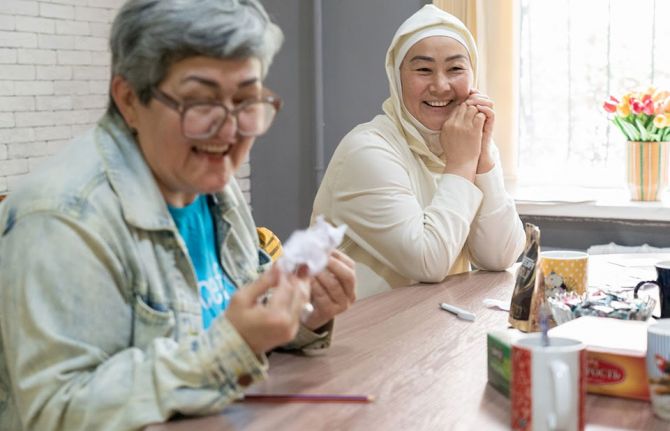
The power of women supporting women - Mentor program for women living with and affected by HIV in Kazakhstan
The Mentor programme for women in Kazakhstan was established to empower women living with or affected by HIV by connecting them with mentors who share their life experiences and provide critical support during challenging times. Co-financed by the Ministry of Foreign Affairs of the Republic of Kazakhstan and supported by UNAIDS, the program creates a safe space for women to learn, grow, and draw strength from one another. Through training seminars, support groups, and one-on-one mentoring, it…
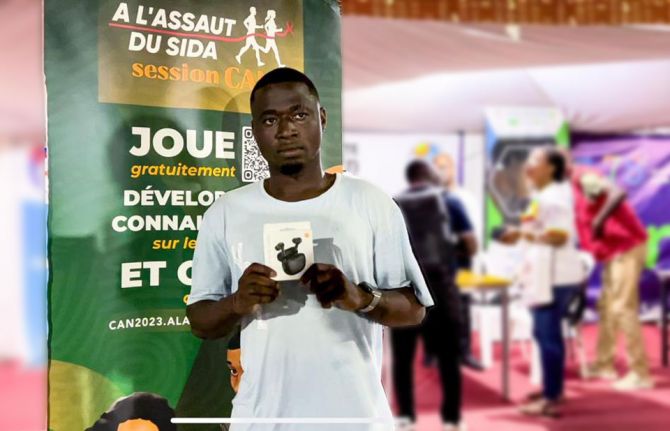
Interactive health and HIV game app reaches more than 300 000 young people in Côte d’Ivoire
“Despite the fact that young people have more access to information through the internet and social media than ever before, many young people are struggling to make informed decisions about their sexual relations,” said UNAIDS Country Director Henk Van Renterghem. For example, the survey revealed that only 40% knew that medicine (anti-retroviral treatment) existed for HIV and 39% of girls (29% of boys) did not know that condoms prevented HIV transmission. Last year, 20% of new HIV infections in…
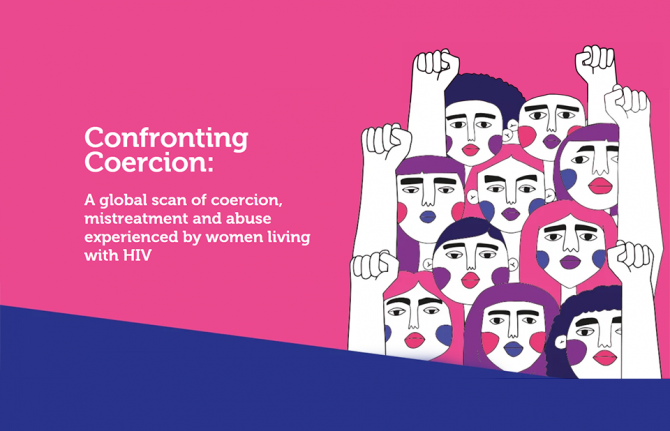
Women living with HIV continue to face violations of their sexual and reproductive rights—including coercion into sterilization
The report, Confronting Coercion: A global scan of coercion, mistreatment and abuse experienced by women living with HIV in reproductive and sexual health services, shows that women living with HIV face practices that undermine their bodily autonomy. Reproductive choices are monitored, and women are subjected to various coercive practices.
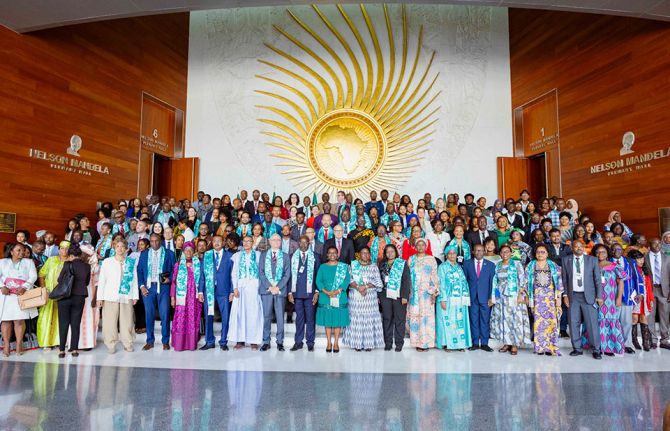
Girls’ education for HIV prevention at 1st Pan-African Conference on Girls’ and Women’s Education in Africa
Girls’ education as a tool to prevent HIV infection has been centered at the 1st African Union Pan-African Conference on Girls’ and Women’s Education in Africa. This followed African leaders designating education as the 2024 African Union theme of the year.


